tl;dr
LocalDate.parse( "2011-01-01" )
.format( DateTimeFormatter.ofPattern( "MM-dd-uuuu" ) )
java.time
The other Answers are now outdated. The troublesome old date-time classes such as java.util.Date, java.util.Calendar, and java.text.SimpleDateFormat are now legacy, supplanted by the java.time classes.
ISO 8601
The input string 2011-01-01 happens to comply with the ISO 8601 standard formats for date-time text. The java.time classes use these standard formats by default when parsing/generating strings. So no need to specify a formatting pattern.
LocalDate
The LocalDate class represents a date-only value without time-of-day and without time zone.
LocalDate ld = LocalDate.parse( "2011-01-01" ) ;
Generate a String in the same format by calling toString.
String output = ld.toString() ;
2011-01-01
DateTimeFormatter
To parse/generate other formats, use a DateTimeFormatter.
DateTimeFormatter f = DateTimeFormatter.ofPattern( "MM-dd-uuuu" ) ;
String output = ld.format( f ) ;
01-01-2011
About java.time
The java.time framework is built into Java 8 and later. These classes supplant the troublesome old legacy date-time classes such as java.util.Date, Calendar, & SimpleDateFormat.
The Joda-Time project, now in maintenance mode, advises migration to the java.time classes.
To learn more, see the Oracle Tutorial. And search Stack Overflow for many examples and explanations. Specification is JSR 310.
Where to obtain the java.time classes?
The ThreeTen-Extra project extends java.time with additional classes. This project is a proving ground for possible future additions to java.time. You may find some useful classes here such as Interval, YearWeek, YearQuarter, and more.
